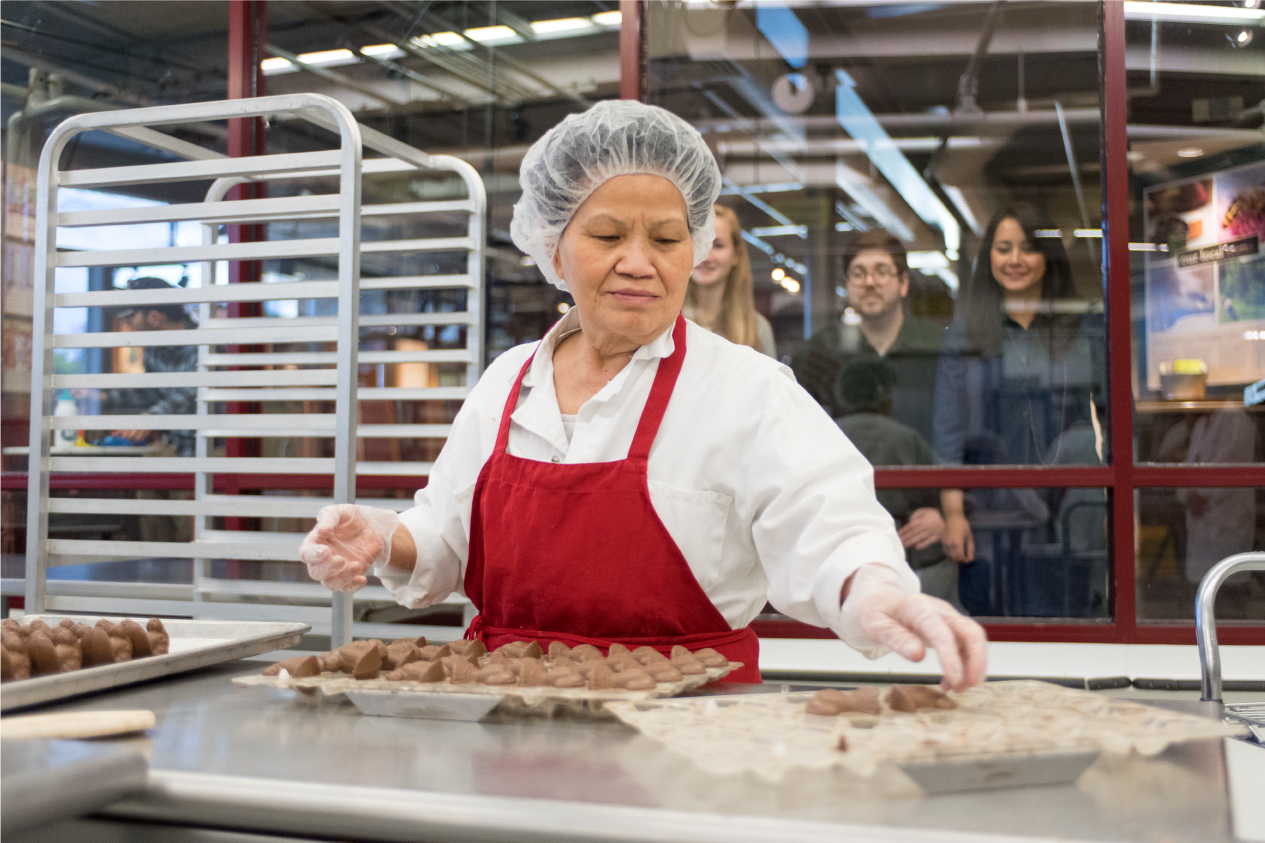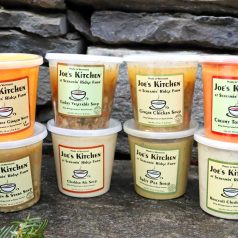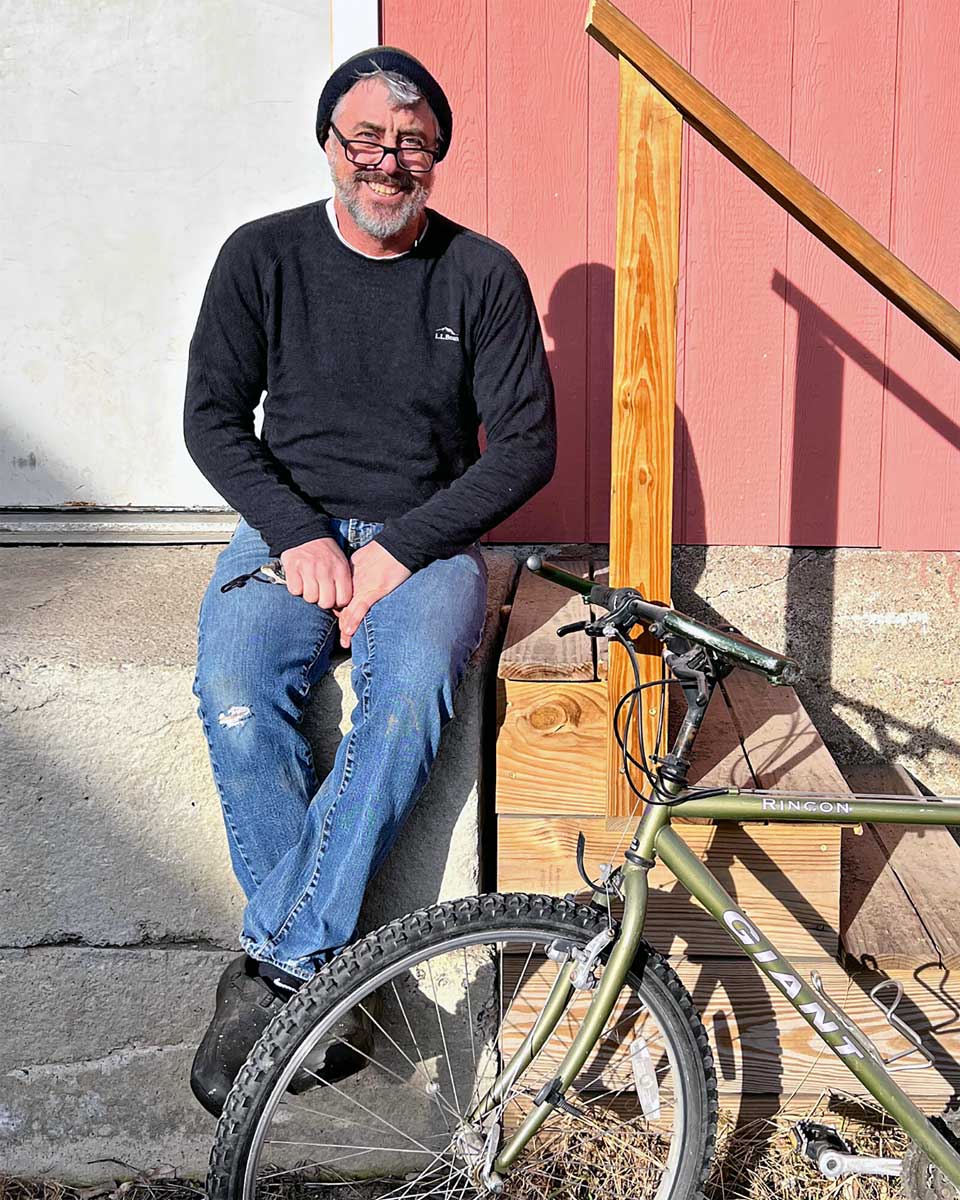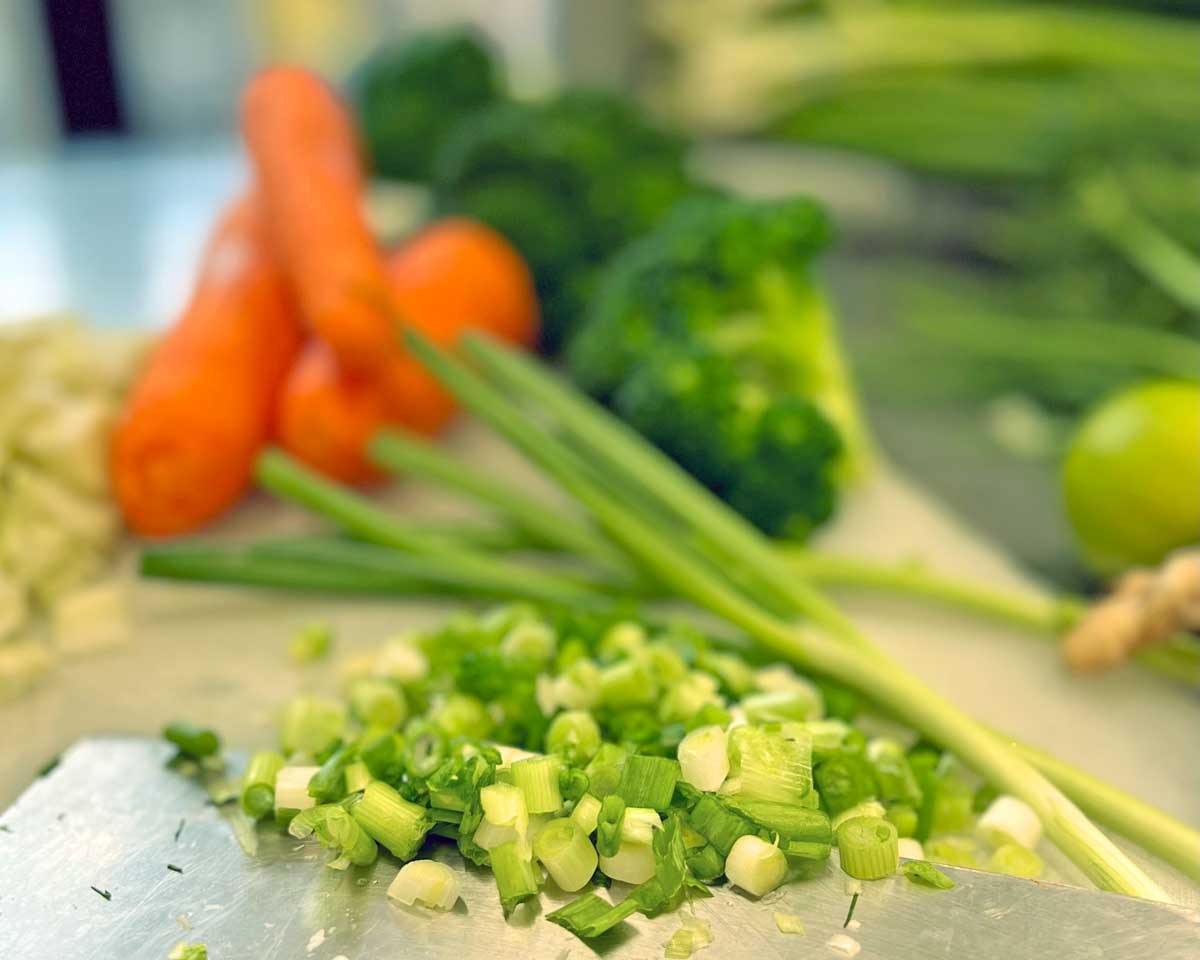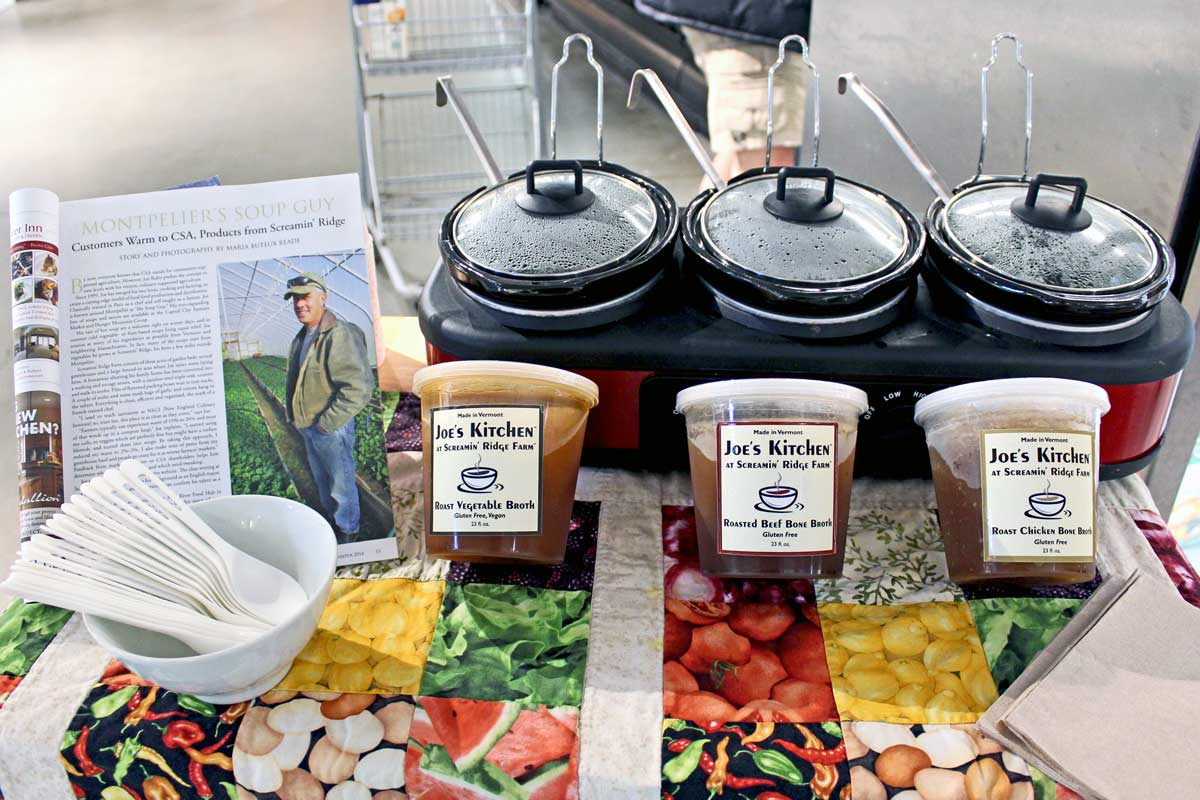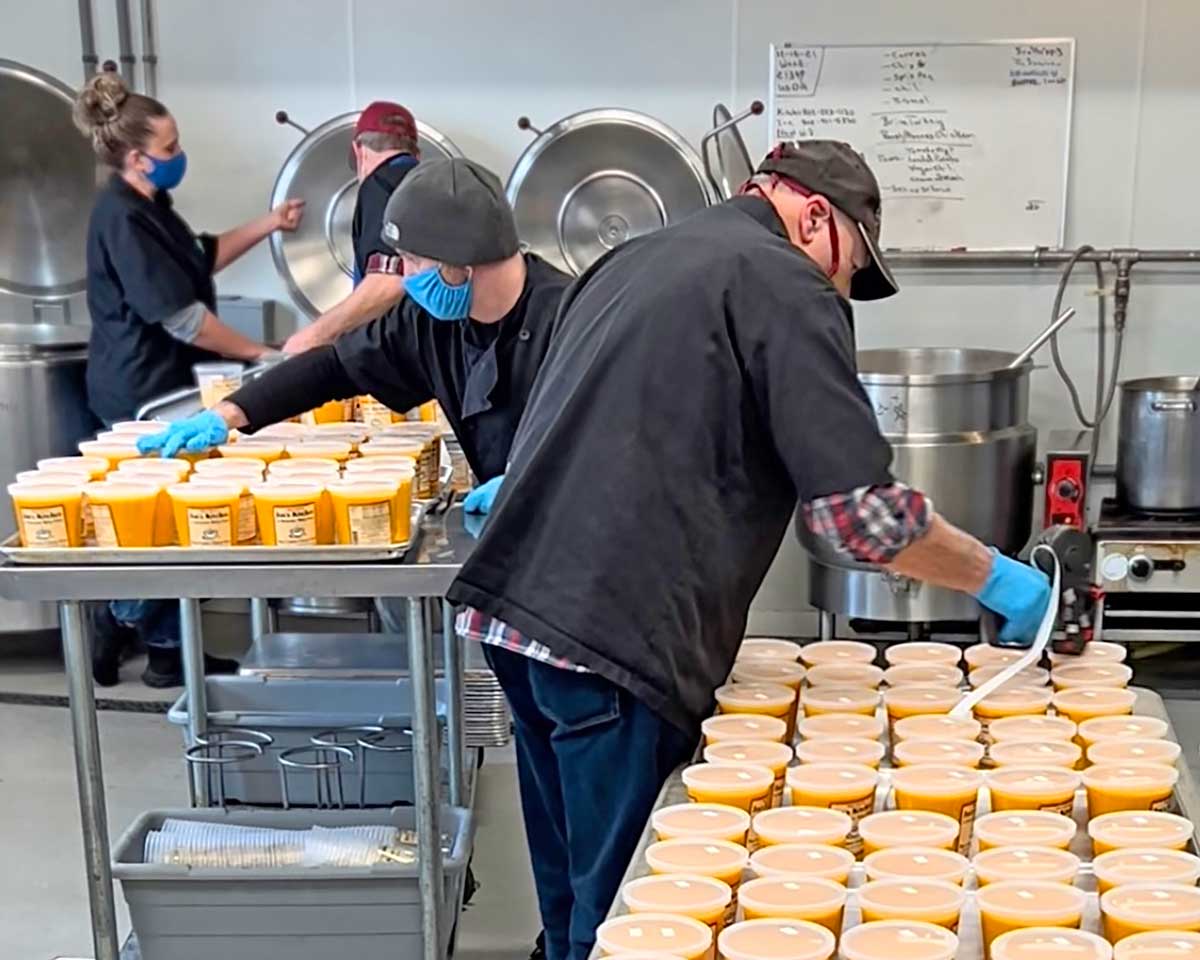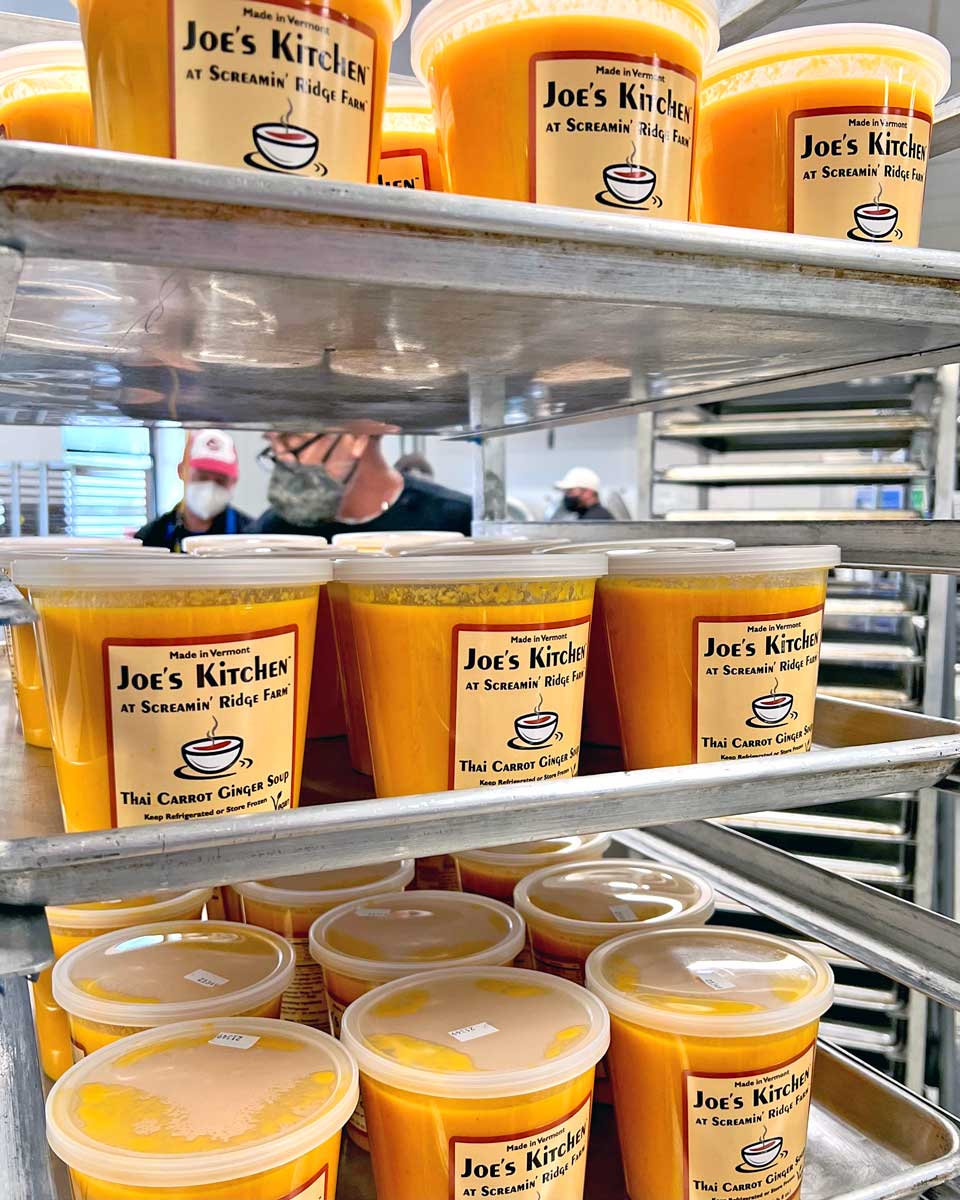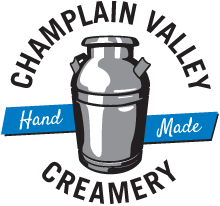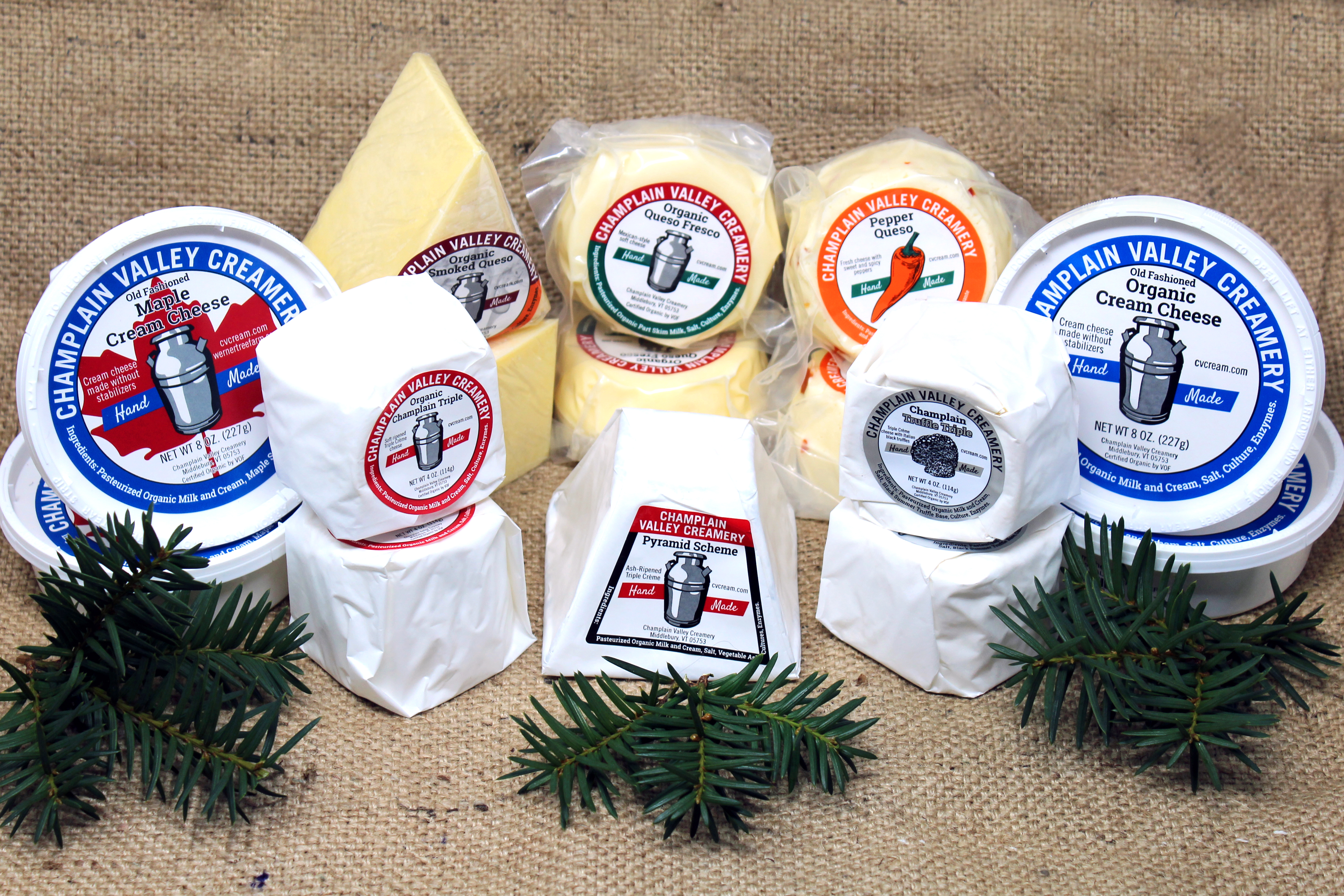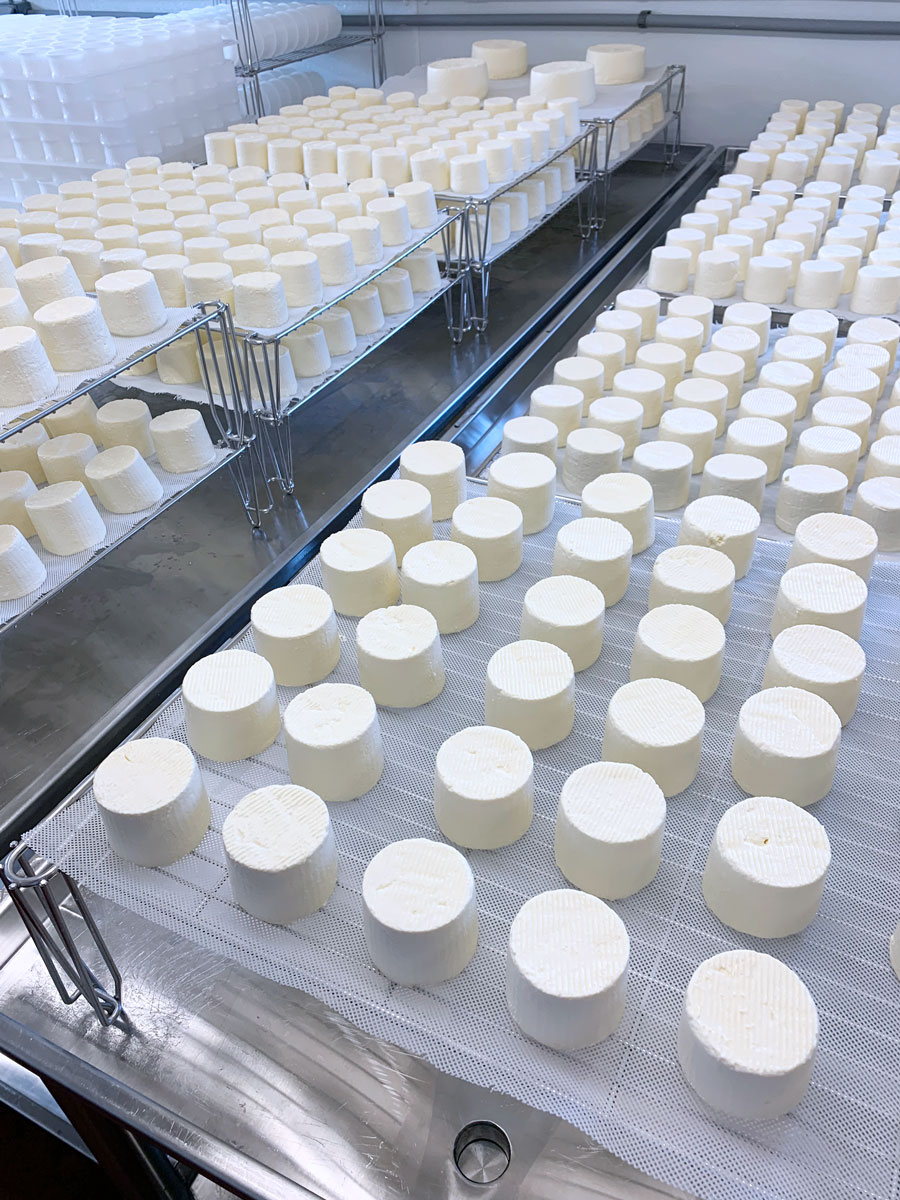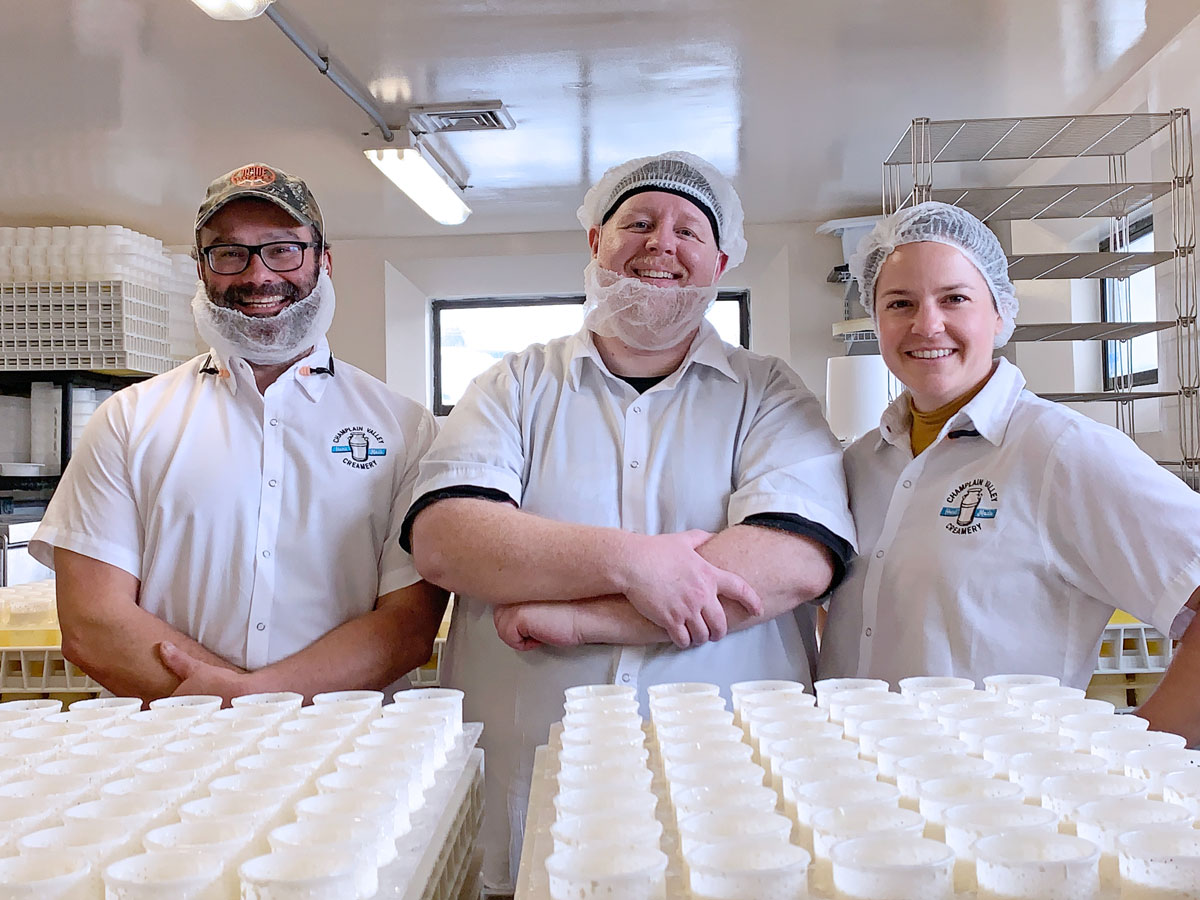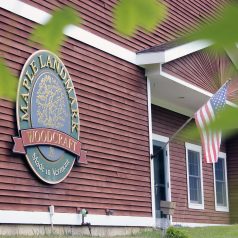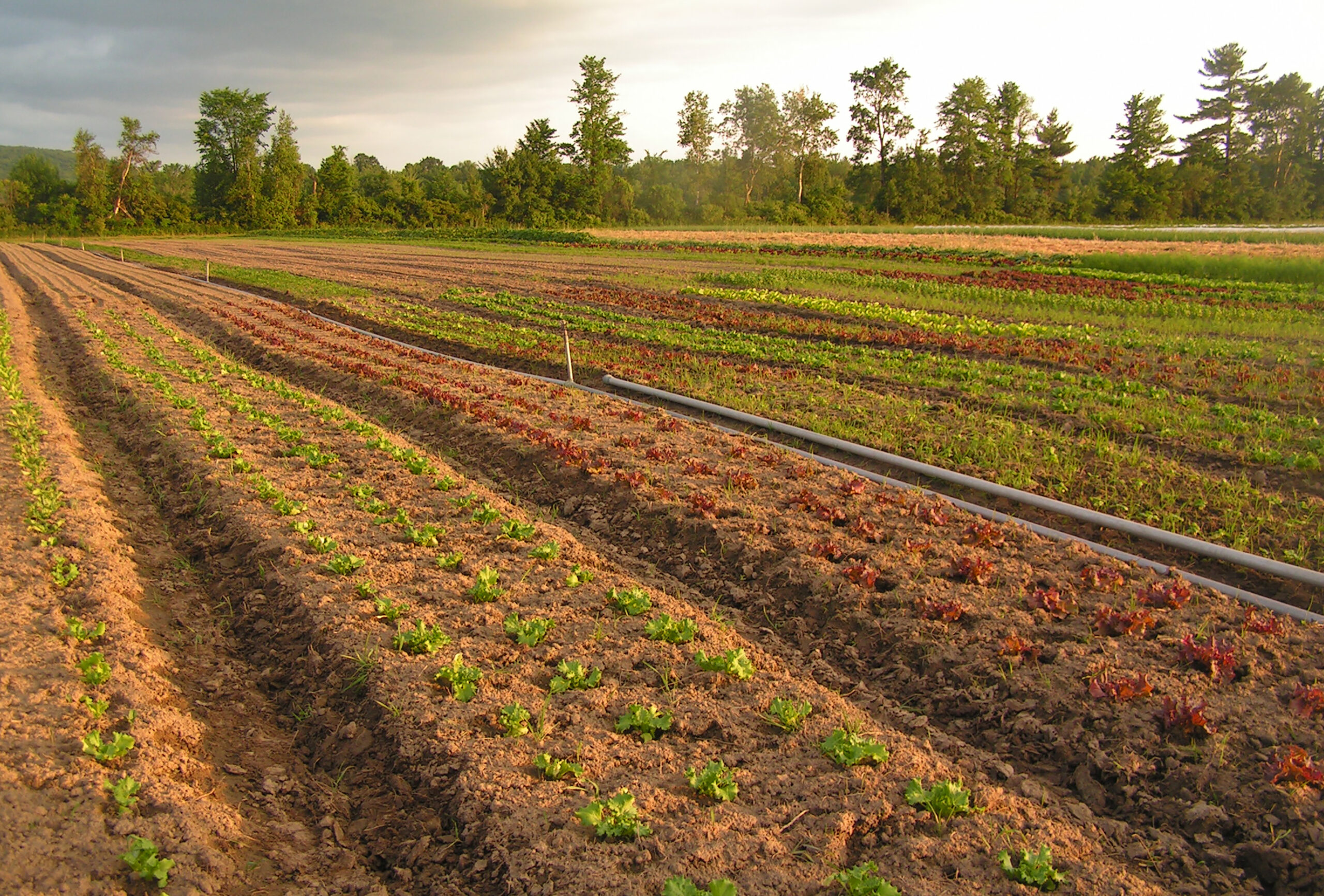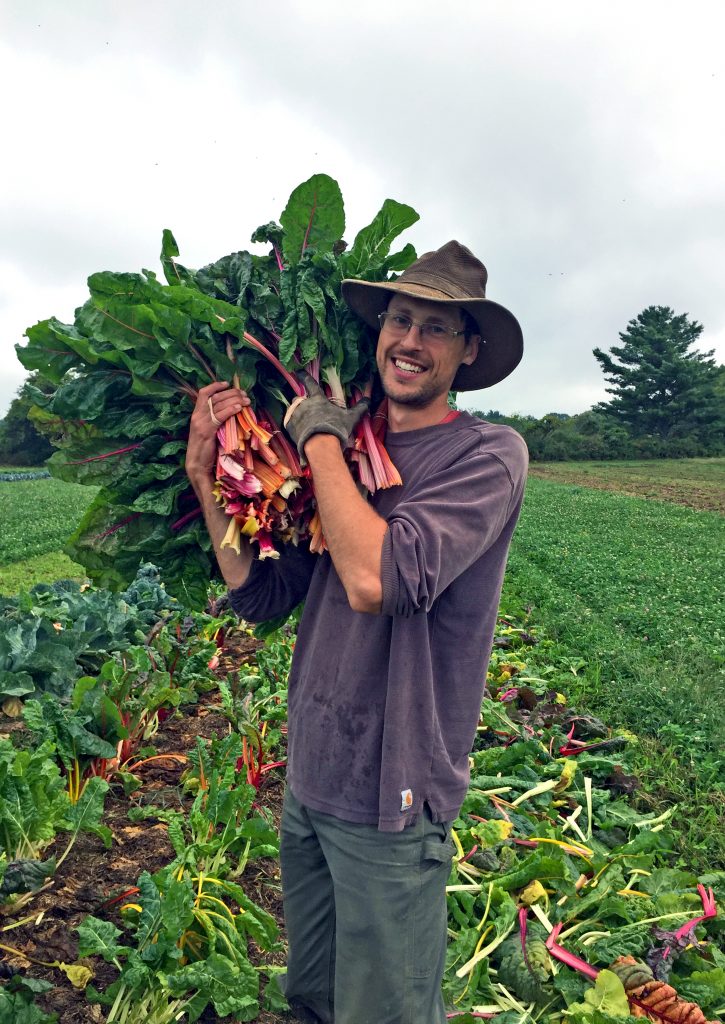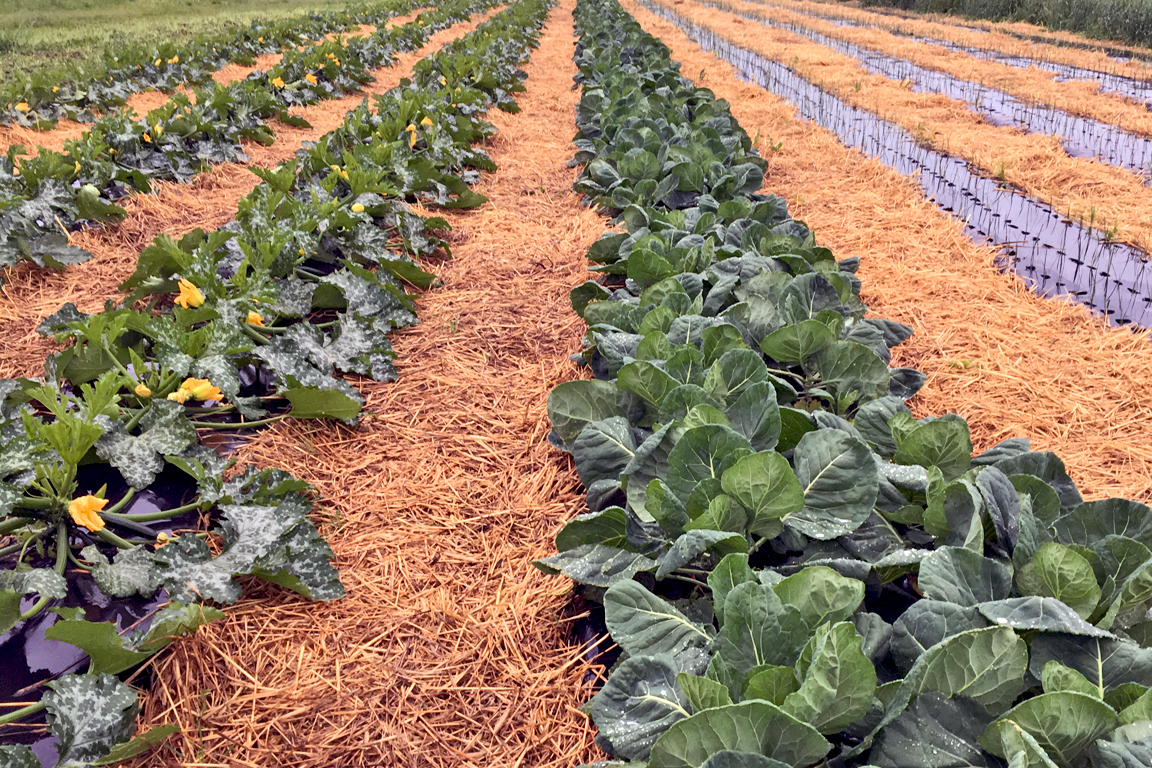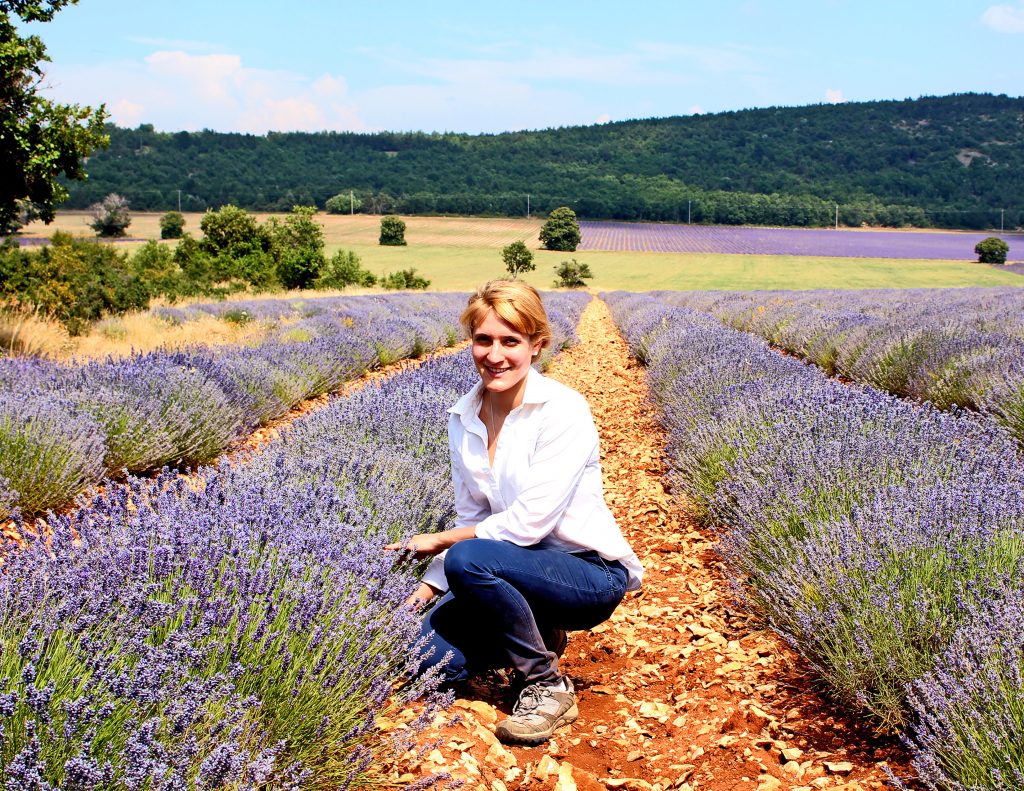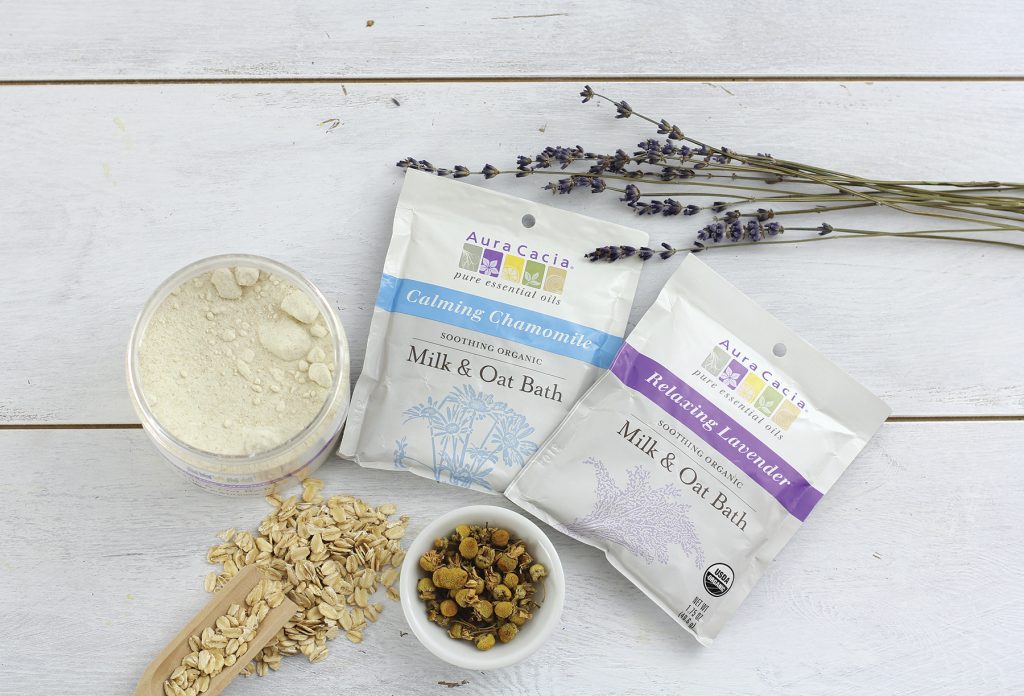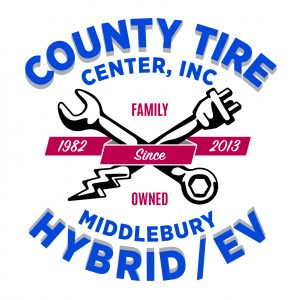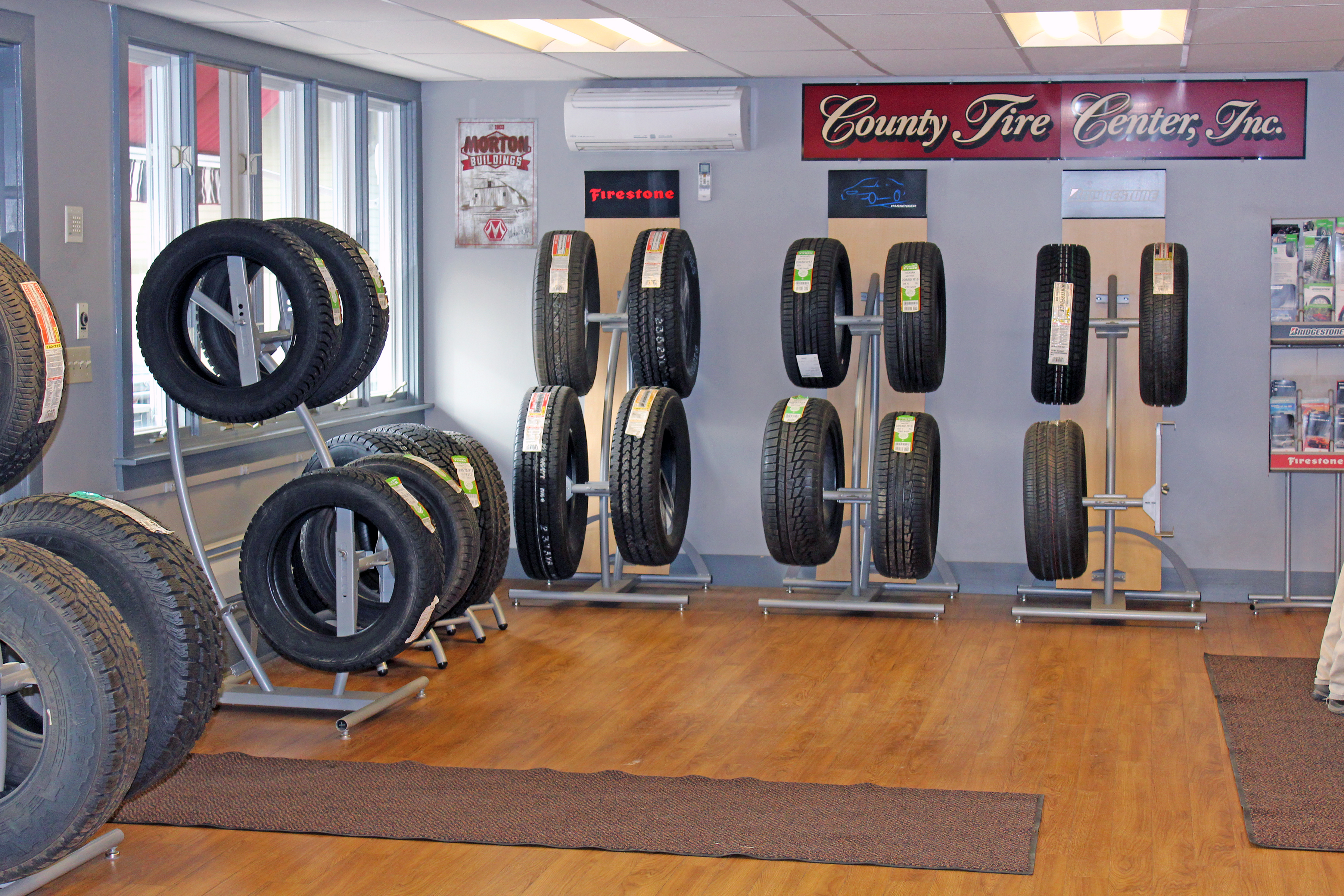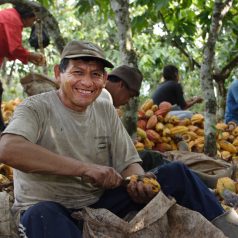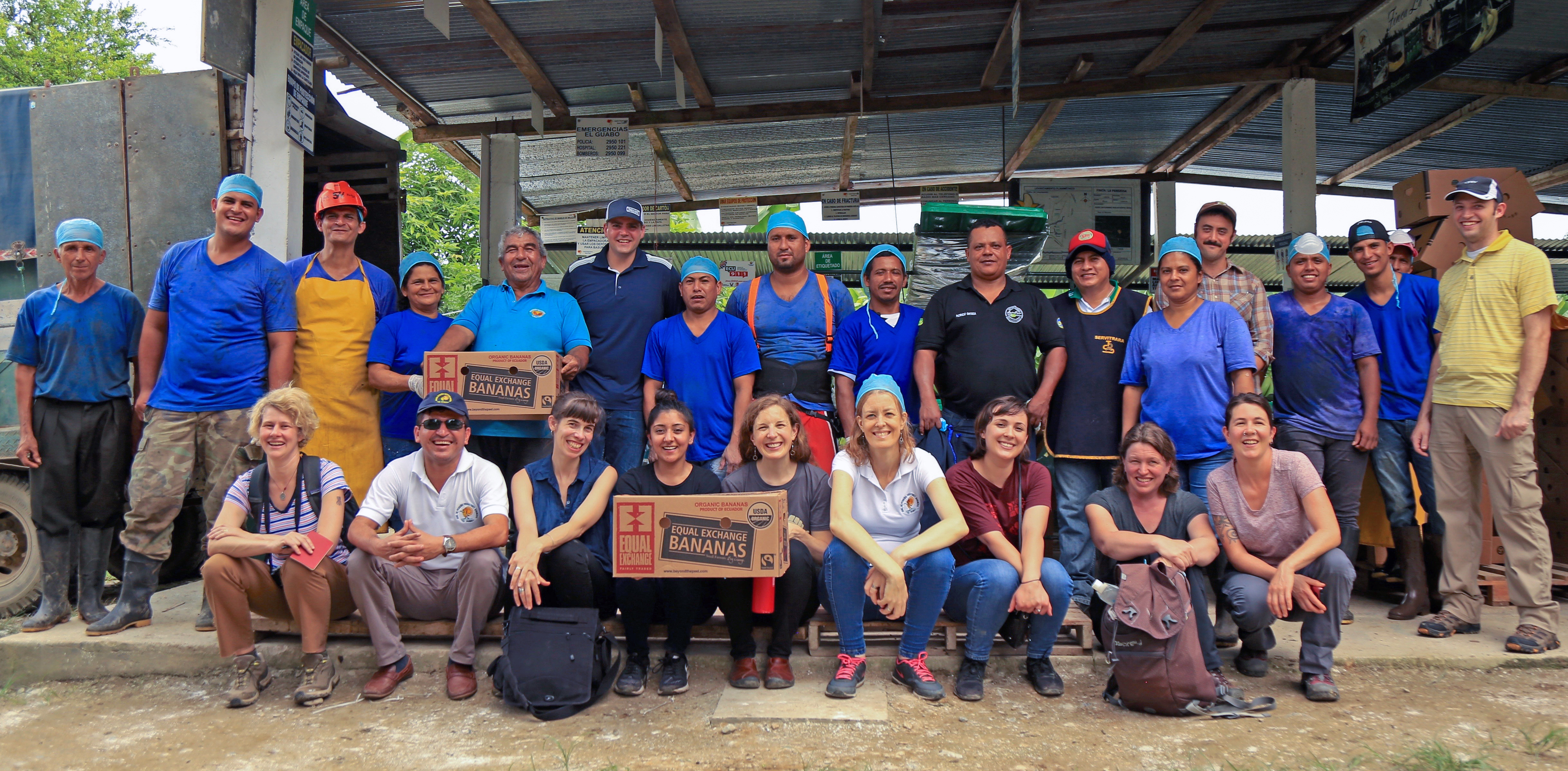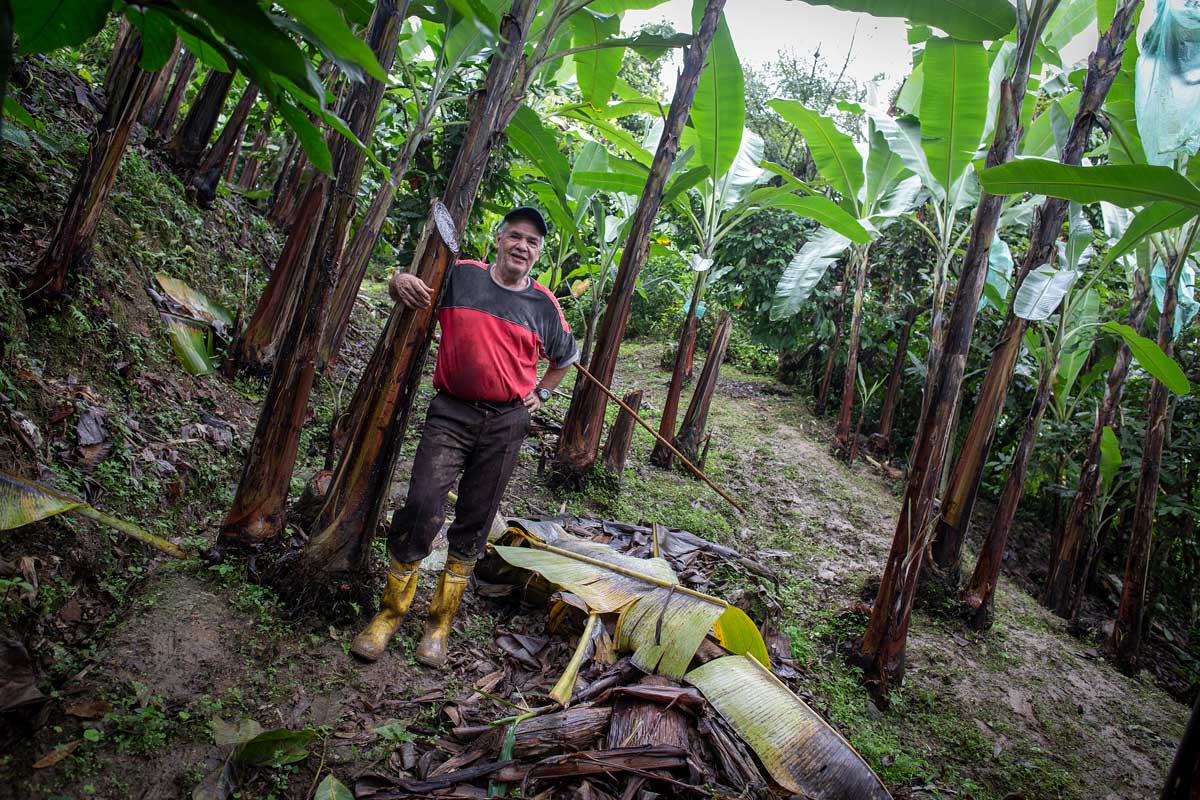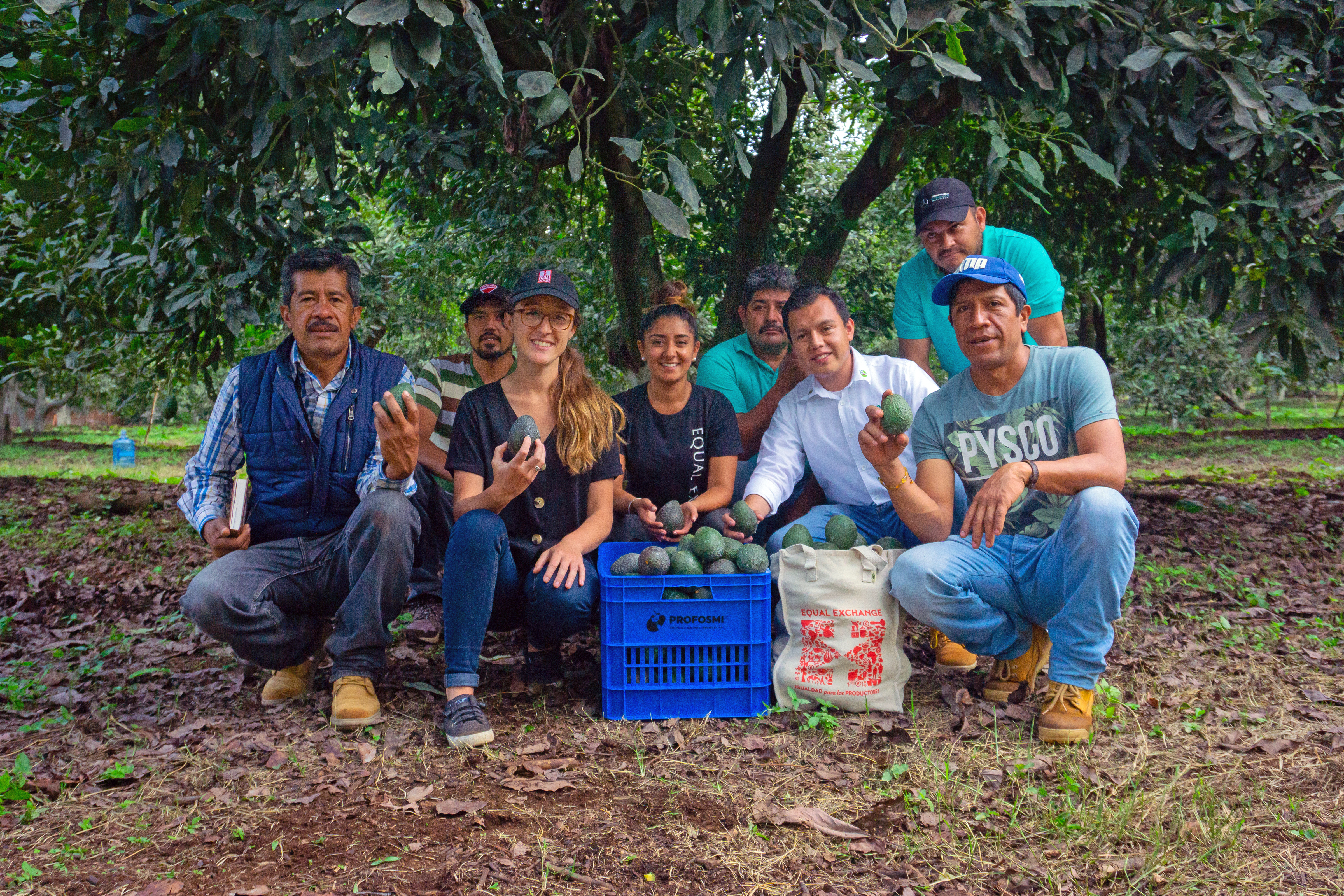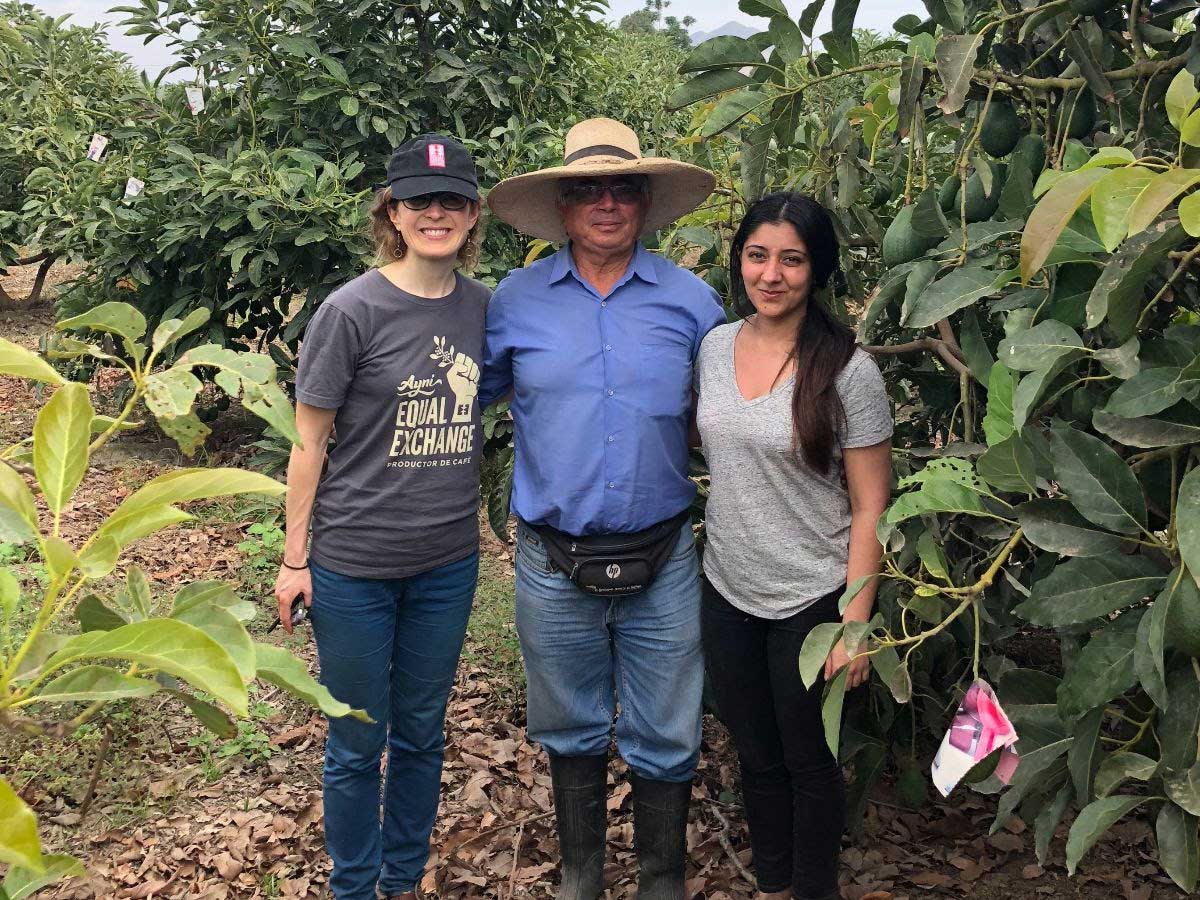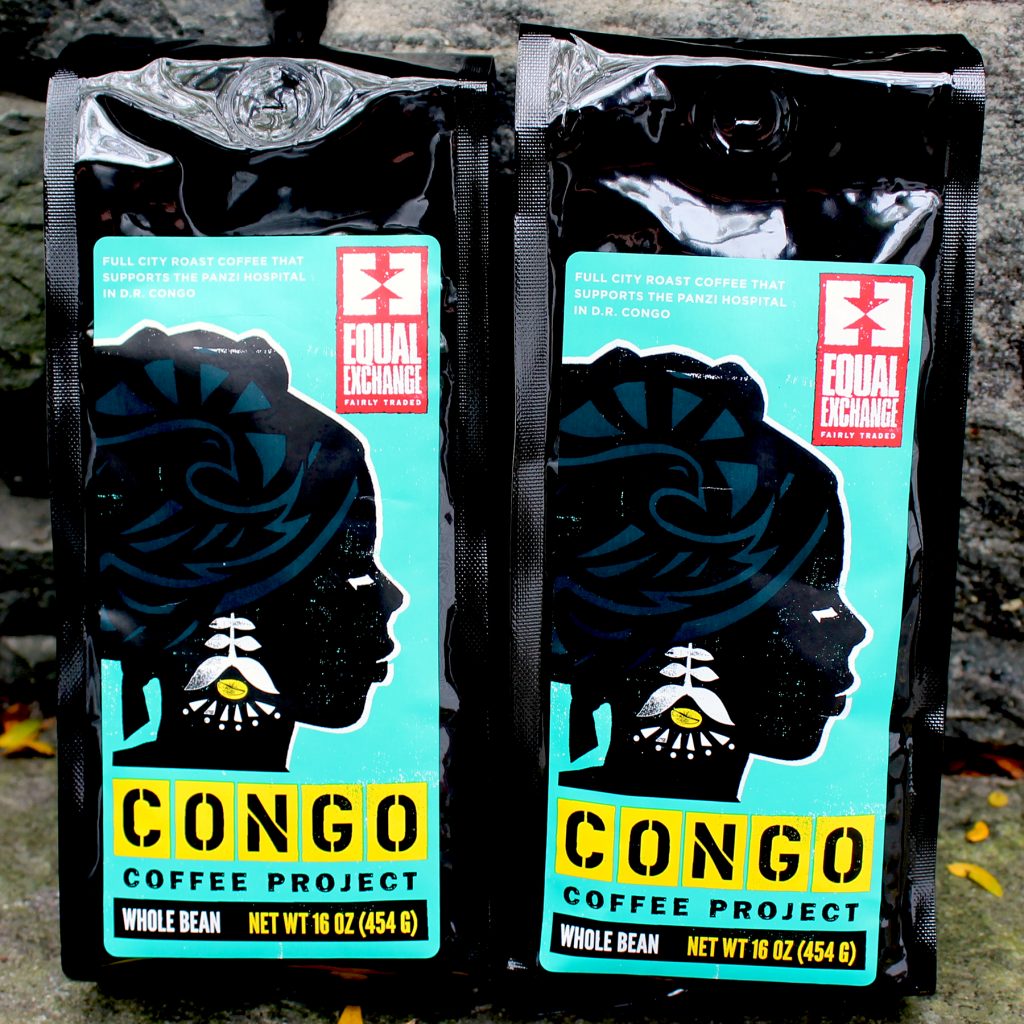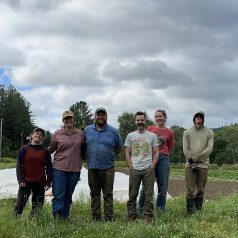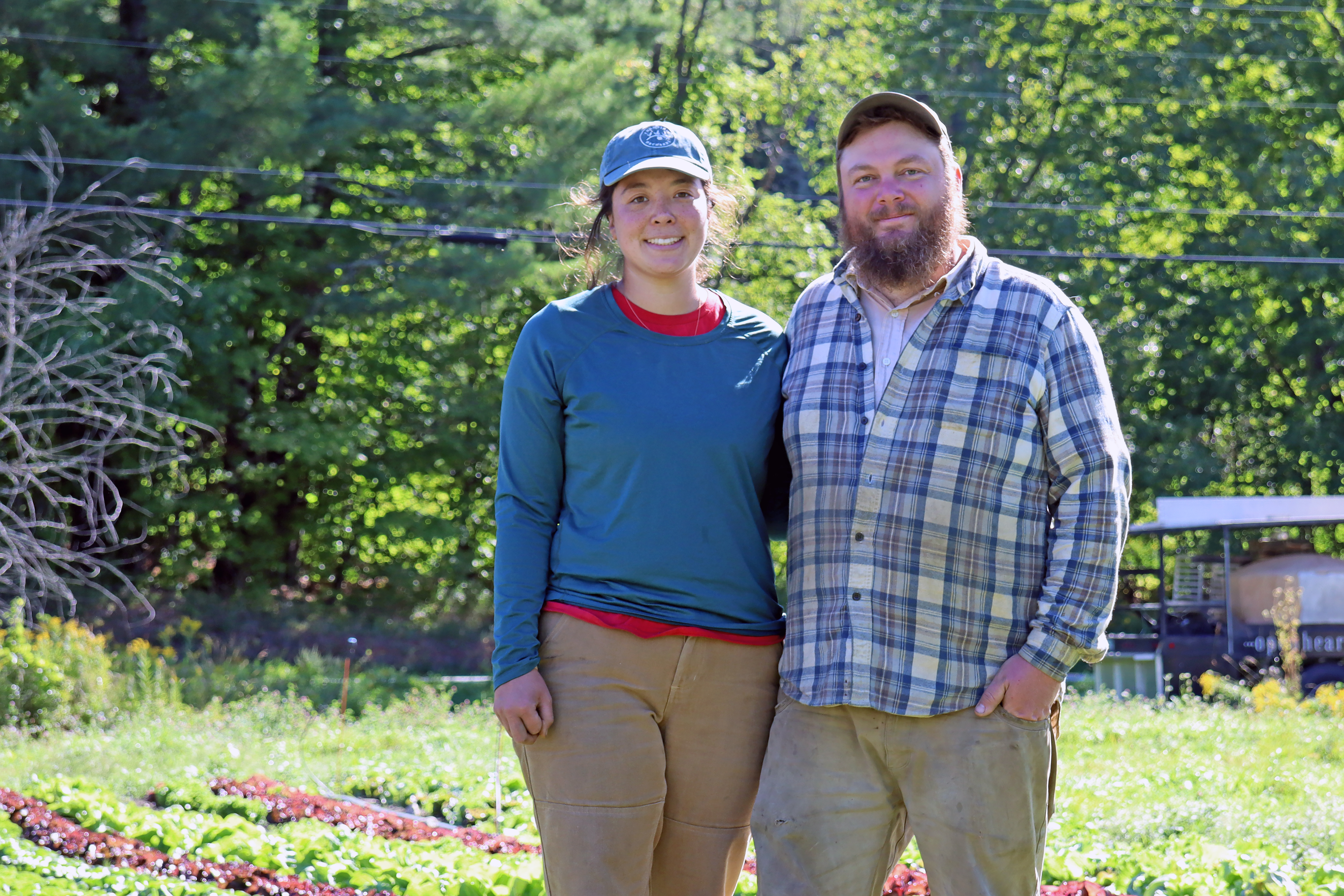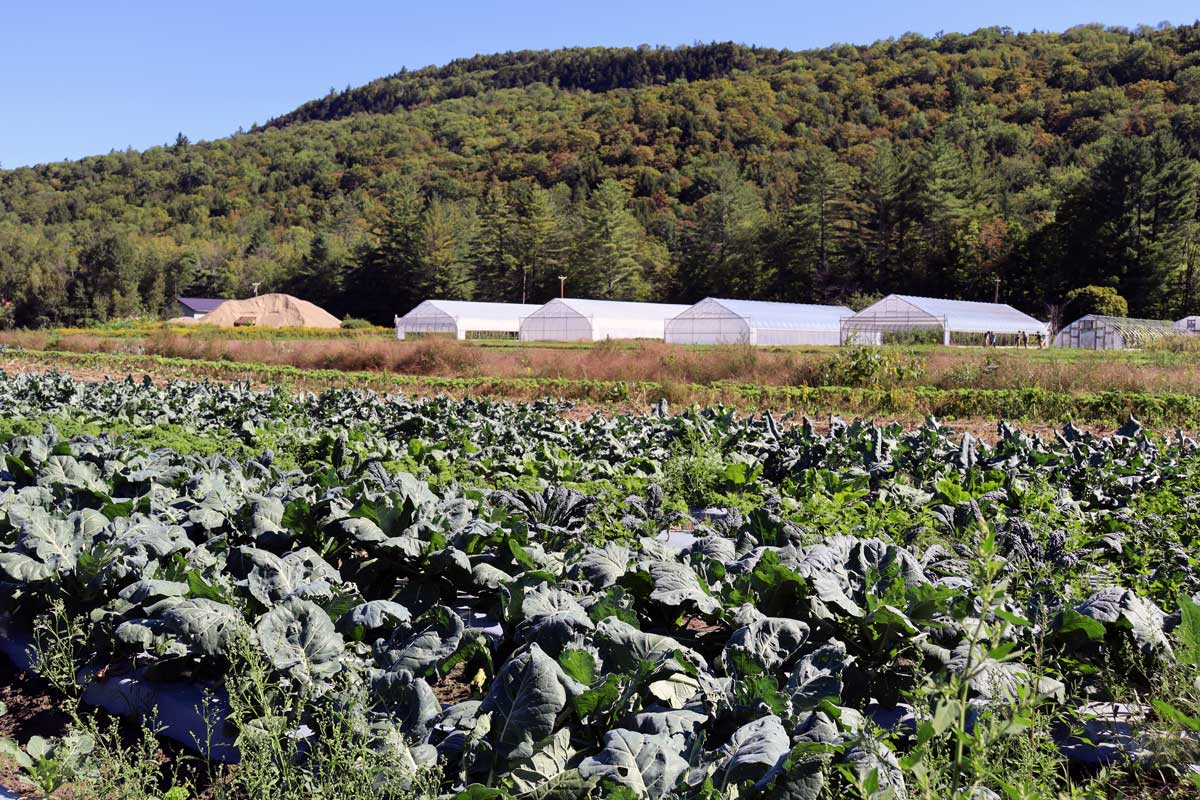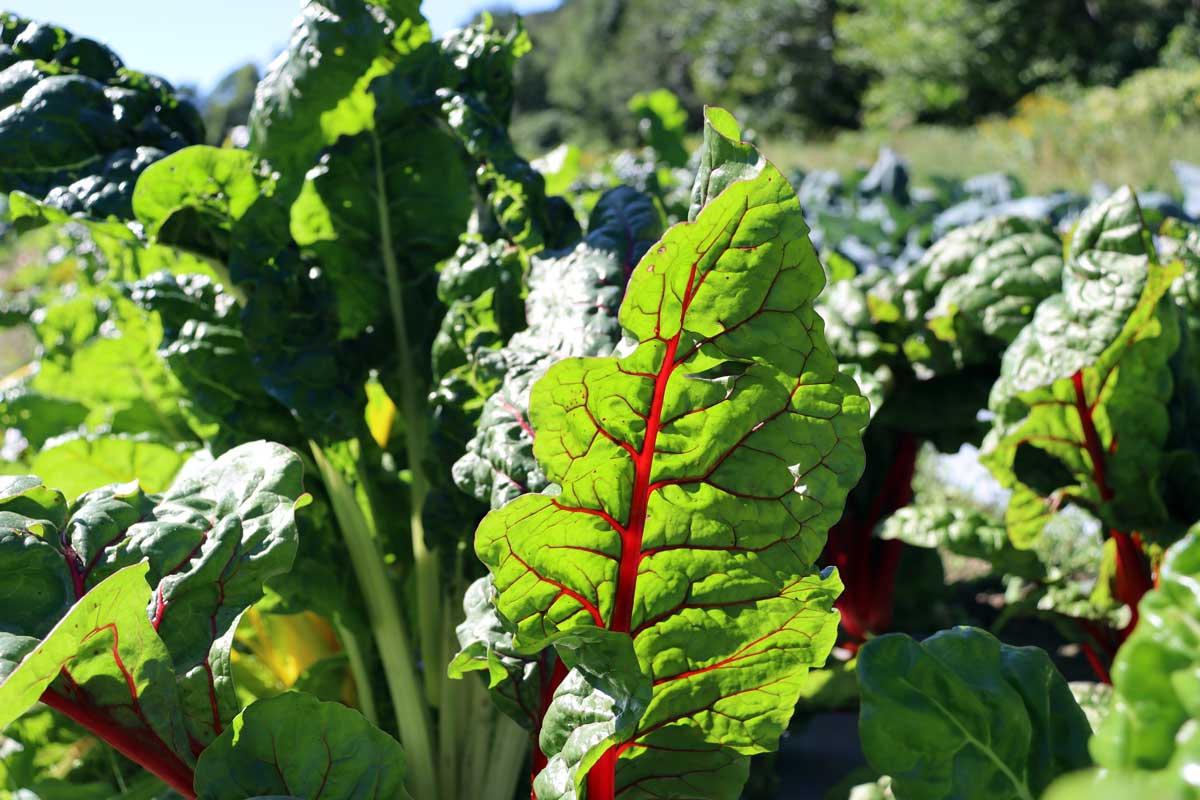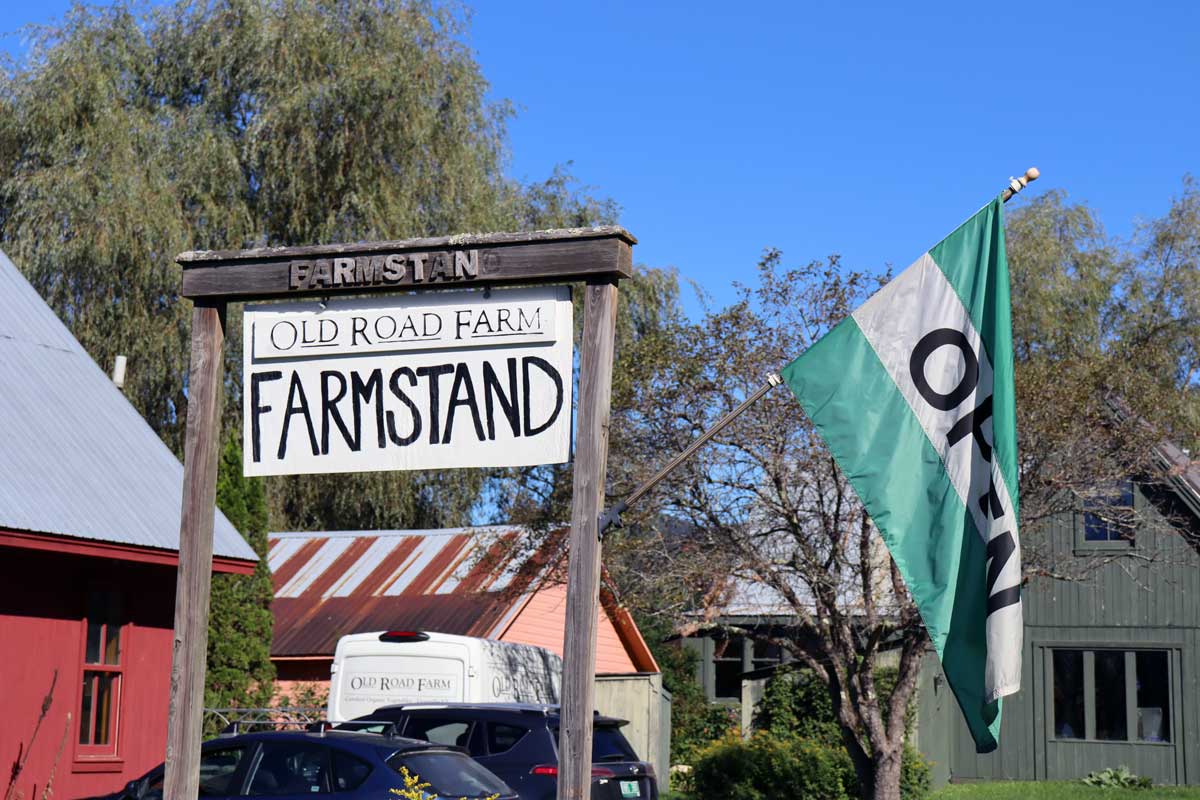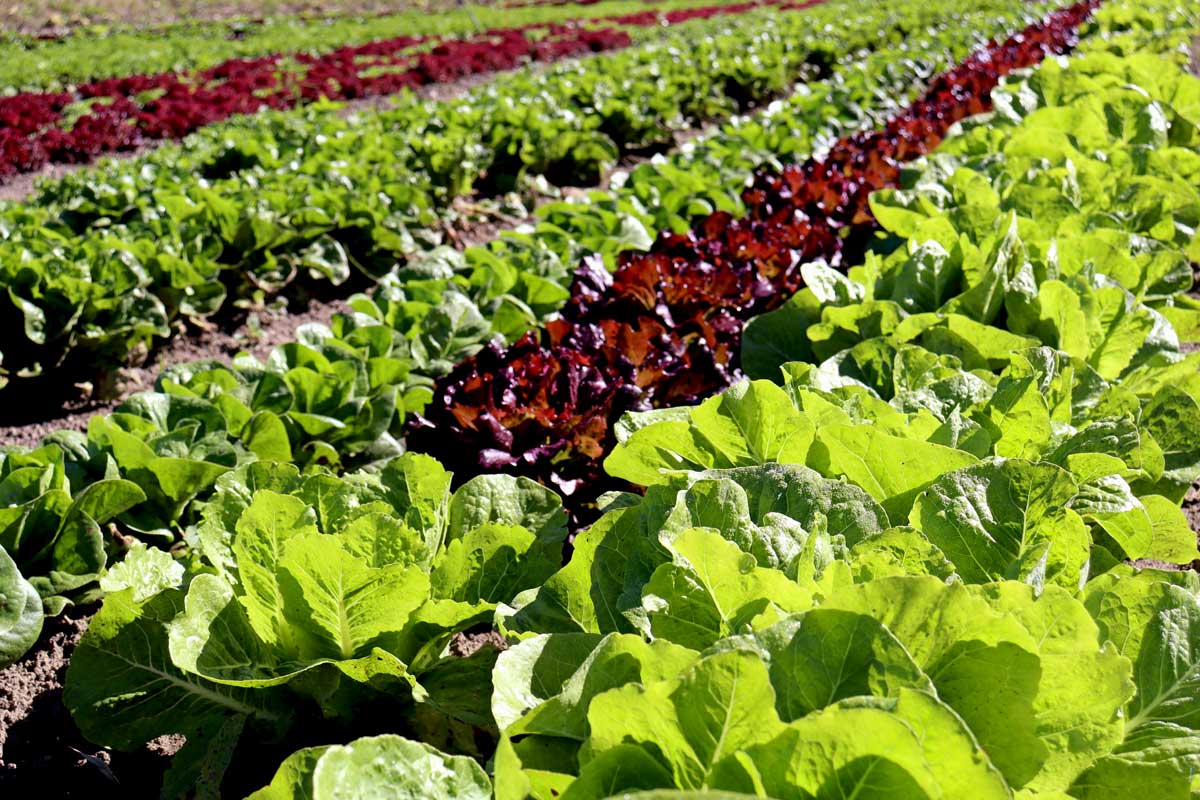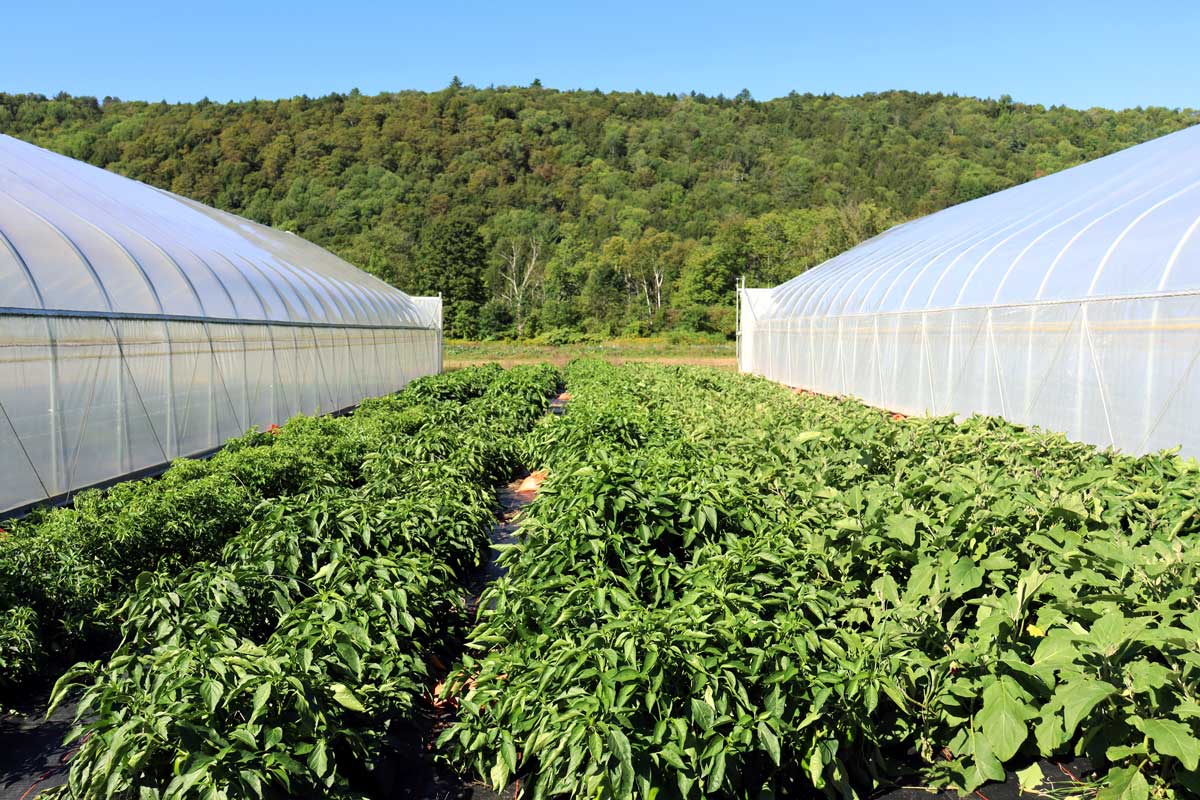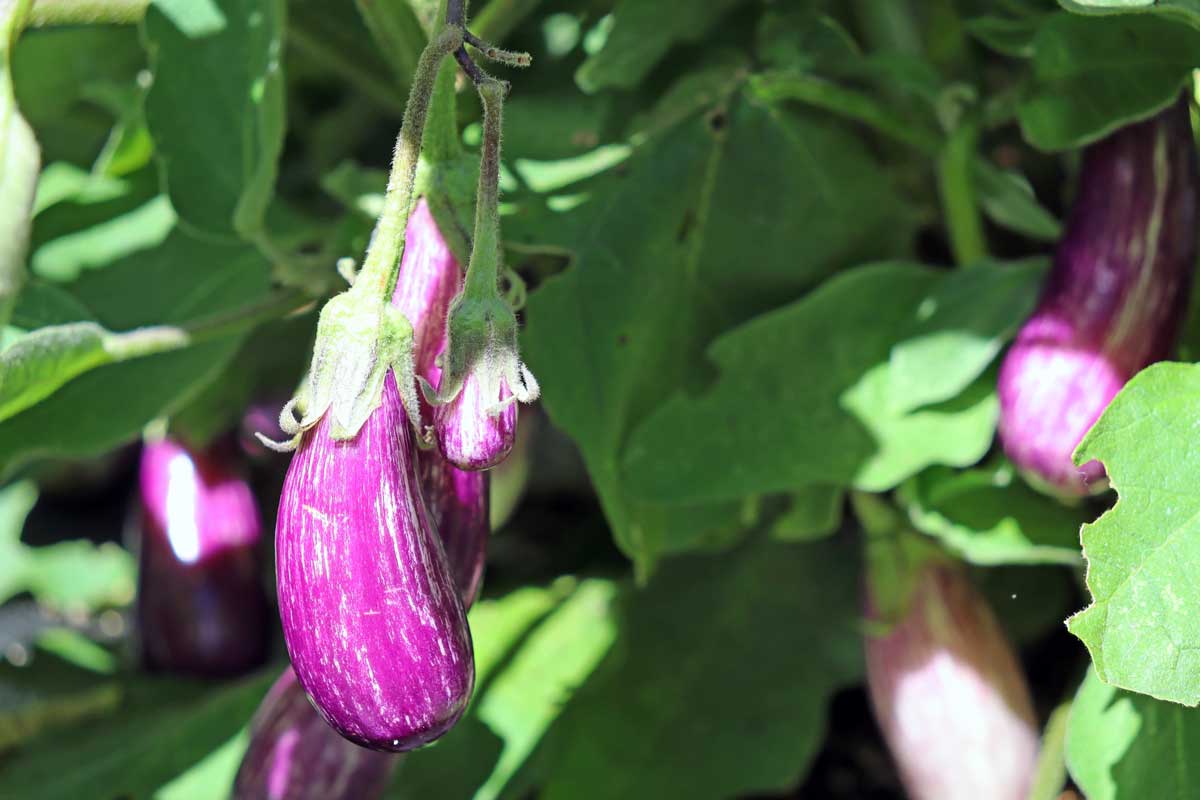
Spotlight on Lake Champlain Chocolates
Just in time for Valentine’s day, this month we’re casting our Co-op Spotlight on a local favorite – Lake Champlain Chocolates! All of their mouth-watering chocolates are 20% off for member-owners from February 4-10. Read on to learn more about this local confectionery that has called Vermont home for 40 years.
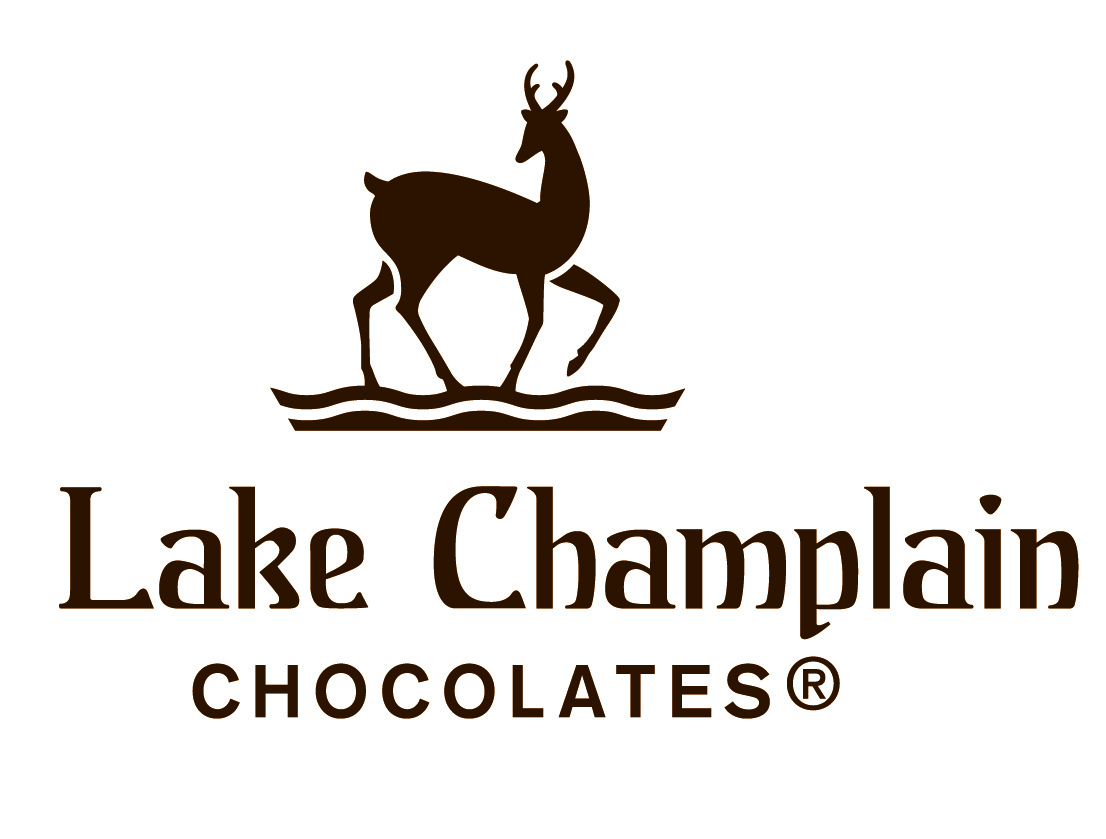
History:
The story of Lake Champlain Chocolates began in 1983, when founder Jim Lampman dared the pastry chef at Burlington’s Ice House Restaurant to create a better truffle than the ones he had been buying as holiday gifts for his staff. Together, they began making hand-rolled, creamy truffles that quickly stood apart—and the rest, as they say, is history.
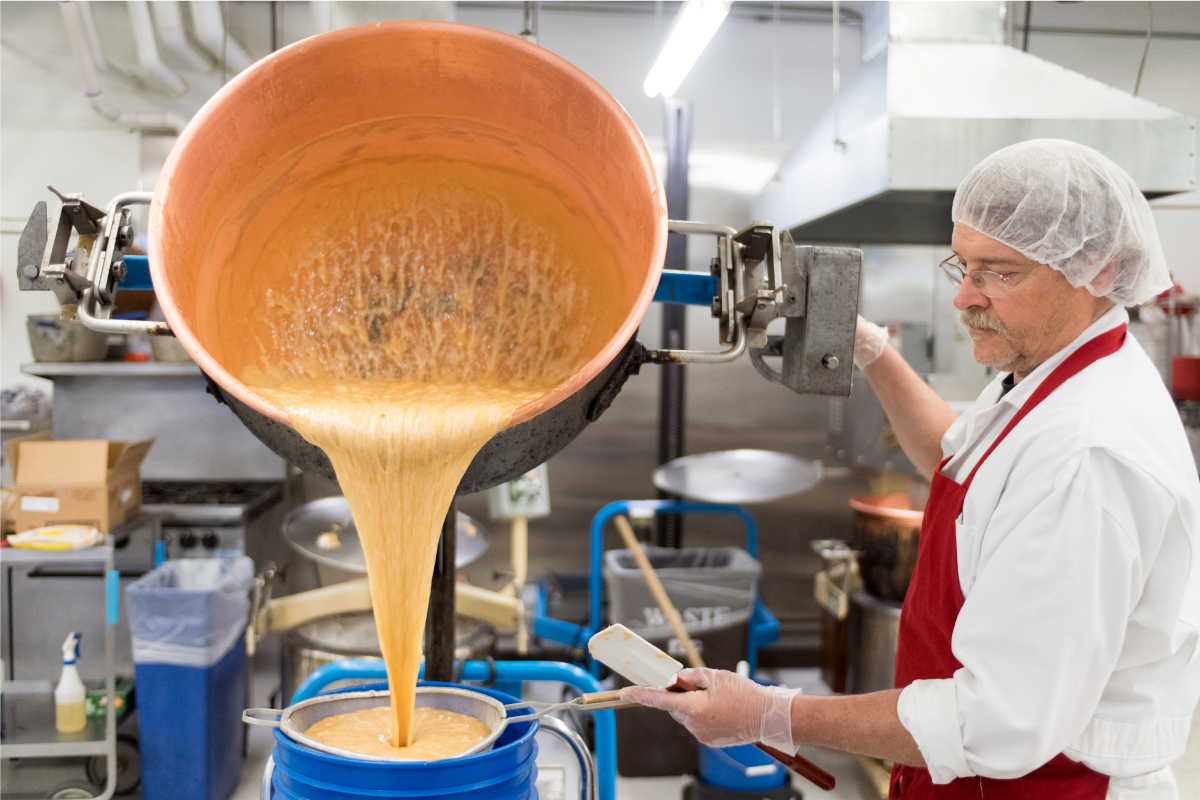
Sourcing Matters:
From the very beginning—long before “eating local” was a common refrain—Lake Champlain Chocolates has been committed to sourcing Vermont-grown ingredients whenever possible. They understood early on that using high-quality Vermont honey, maple syrup, and fresh dairy from local farmers and producers would lead to better chocolate, plain and simple.
The goal has always been to bring you their best: chocolate that amazes with exquisite flavor and creates a moment of pure joy. That commitment is why they’ve never added preservatives, extenders, or unnecessary additives, and why they’ve worked diligently to remove GMOs from all of their chocolates while using organic and Fairtrade-certified ingredients whenever possible. With each new product, the goal remains the same—to create something special and offer the best possible experience.
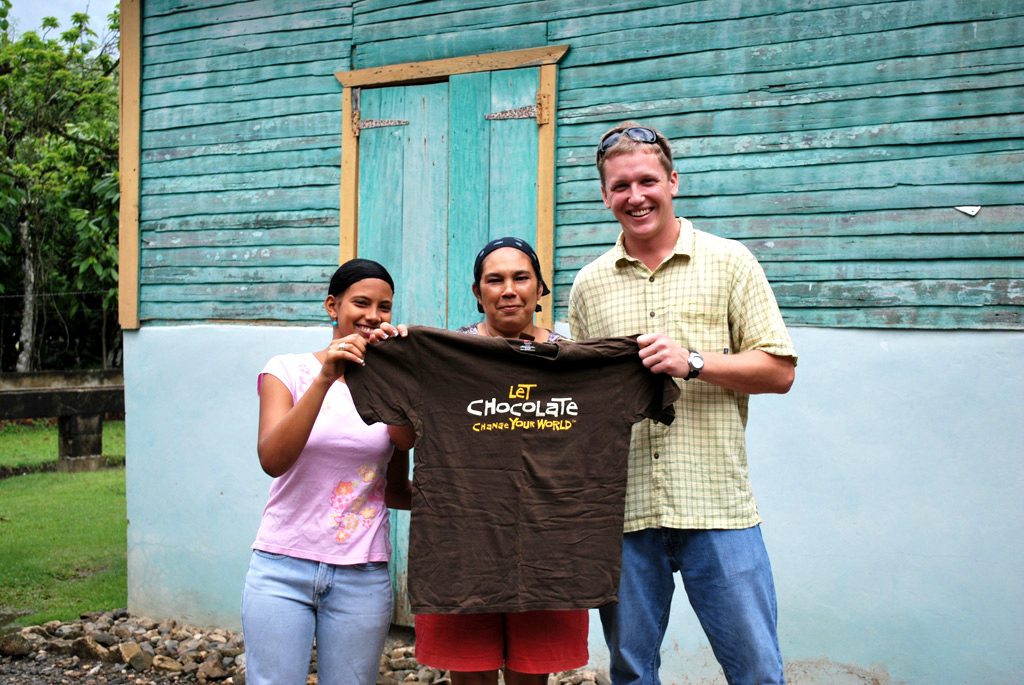
A Family Affair:
Lake Champlain Chocolates is a second-generation, family-owned business—much like the Vermont family farms that supply them with butter, cream, maple syrup, and honey. The same is true of the generations of cacao farmers in places like the Dominican Republic and Guatemala, with whom they maintain direct partnerships.
Today, Jim’s son and daughter, Eric and Ellen, are shaping the future of Lake Champlain Chocolates by developing award-winning organic products and leading sustainable sourcing initiatives. Along the way, they continue to follow the Lampman family principles: dare to do better, always do it with passion, and do it your way.

Fairtrade:
Making great-tasting chocolate is hard work, and the team at Lake Champlain Chocolates believes that everyone involved in the process deserves to be treated and compensated fairly—and that their work should have a positive impact on both local and global communities.
When you purchase Fairtrade-certified chocolate, more money goes directly back to farmers, helping them lift themselves out of poverty and build better lives for their families. Fairtrade certification also provides additional premiums for community development, prohibits forced and child labor, and supports environmentally sustainable farming practices. You can indulge your sweet tooth knowing that 100% of the chocolate used by Lake Champlain Chocolates is Fairtrade certified.
Why Buy Fairtrade Certified Chocolate?
-
Farmers and workers are justly compensated and provided safe working conditions, including protections against forced and child labor.
-
Farmers are empowered to build sustainable businesses that strengthen their communities.
-
Cocoa farmers and cooperatives receive additional Fairtrade premiums to invest in community development.
-
Farming communities gain skills to better participate in—and benefit from—the free market.
-
Farming villages become stronger stewards of the environment by using sustainable practices that protect habitats and increase biodiversity.
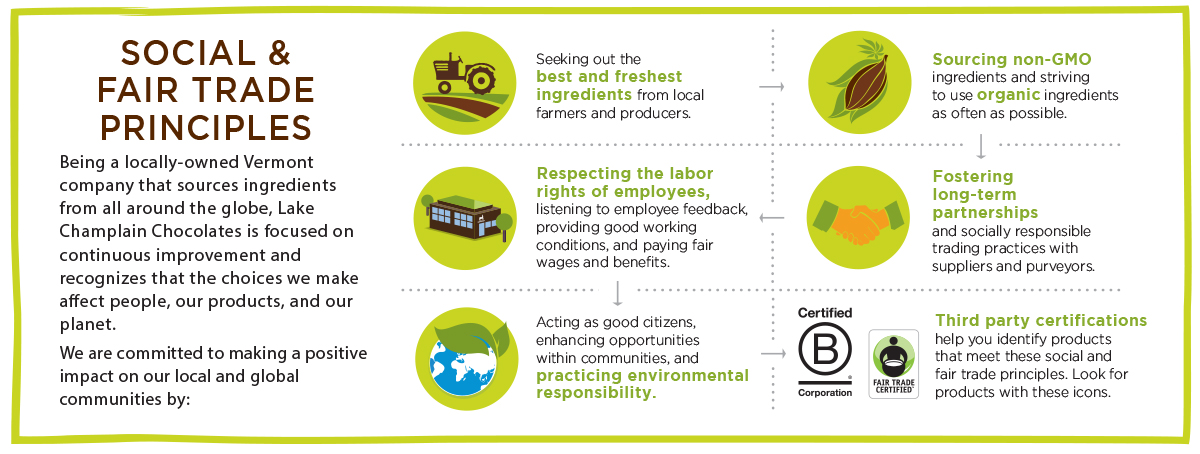
B Corp Certification:
Lake Champlain Chocolates joined a growing global community of more than 2,500 certified B Corporations united by a shared goal: redefining what success in business looks like. Rather than focusing solely on profit, certified B Corporations are part of a worldwide movement using business as a force for good. They meet rigorous standards for social and environmental performance, transparency, and accountability, and commit to using the power of business to help address social and environmental challenges.
Unlike certifications that focus on individual products, B Corporation certification evaluates the entire business—assessing annual impact across the environment, workers, customers, community, and governance. This purpose-driven model is designed to create benefits for all stakeholders, not just shareholders.
For Lake Champlain Chocolates, these performance standards offer a meaningful third-party measure, assuring customers and suppliers that their business practices meet the highest standards. “Achieving B Corp Certification is the next step toward fulfilling our vision of becoming the gold standard of chocolate companies in the United States—a respected leader other companies aspire to be,” says Eric Lampman, President of Lake Champlain Chocolates. “For more than 35 years, our practices have been guided by one core value: everything must measure up to the chocolate. That includes making a positive impact on our local and global communities by respecting our employees, building long-term partnerships with our suppliers, and practicing environmental responsibility.”
